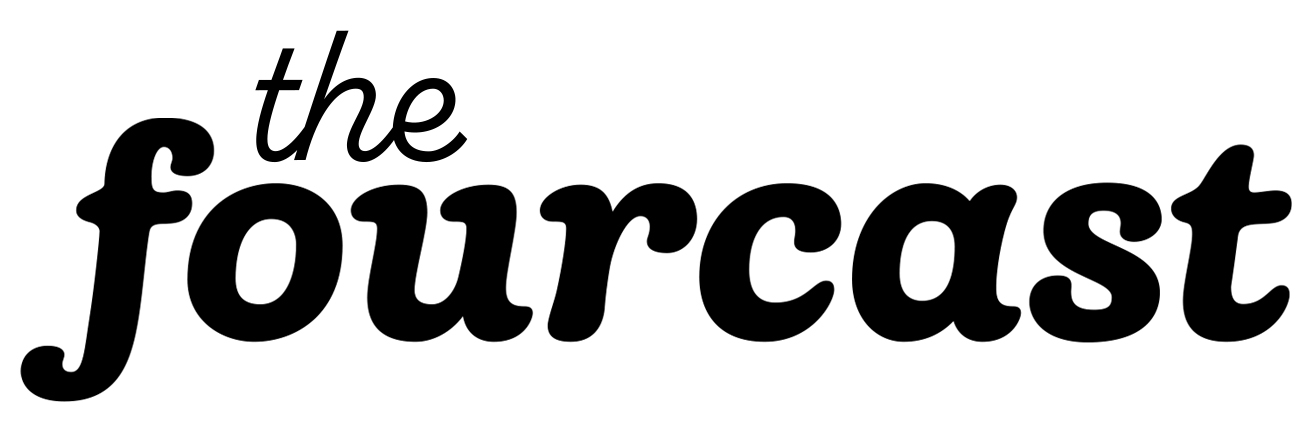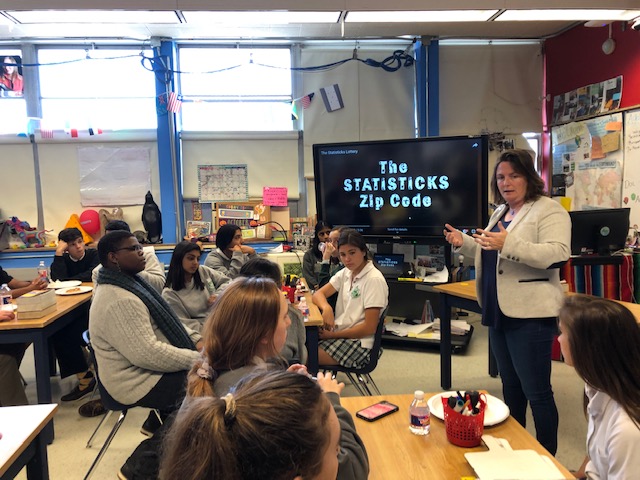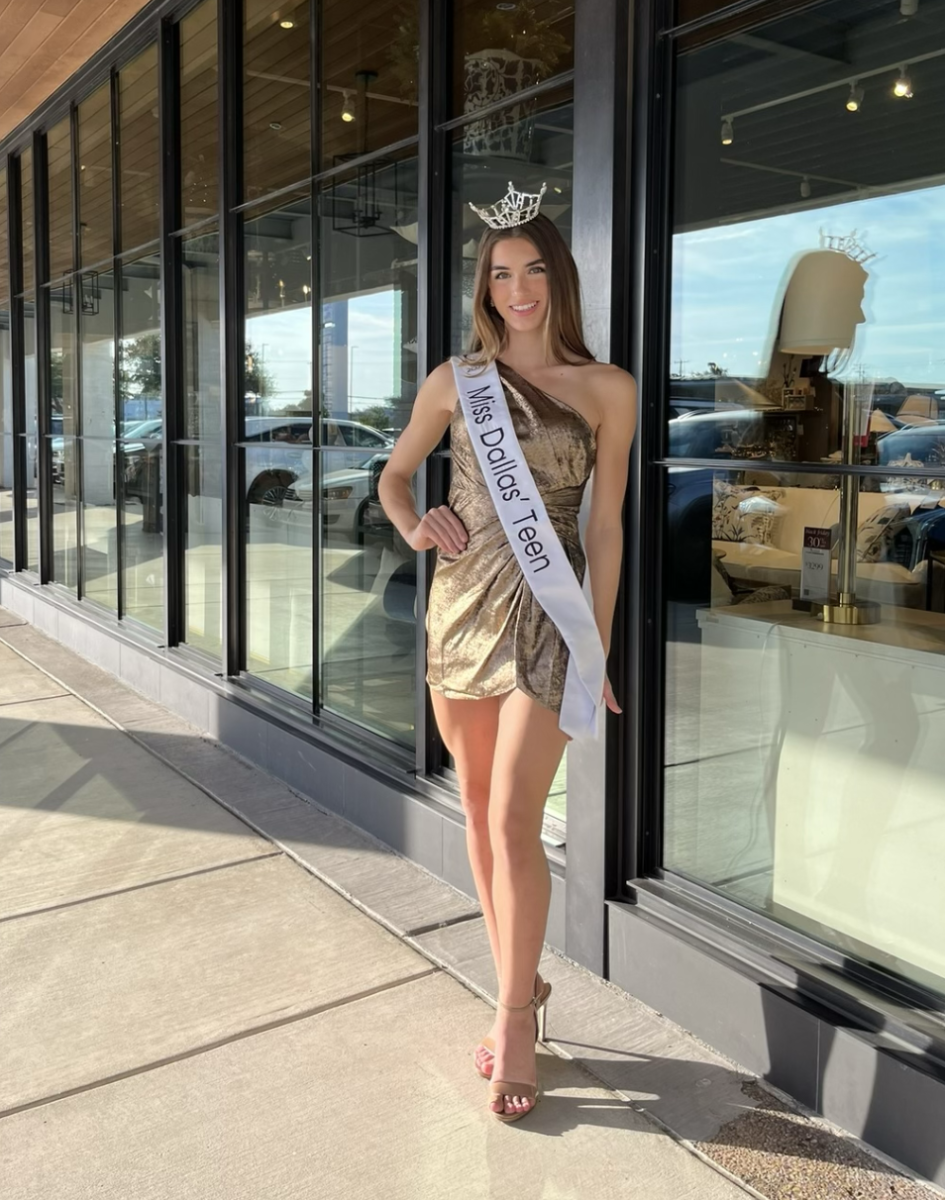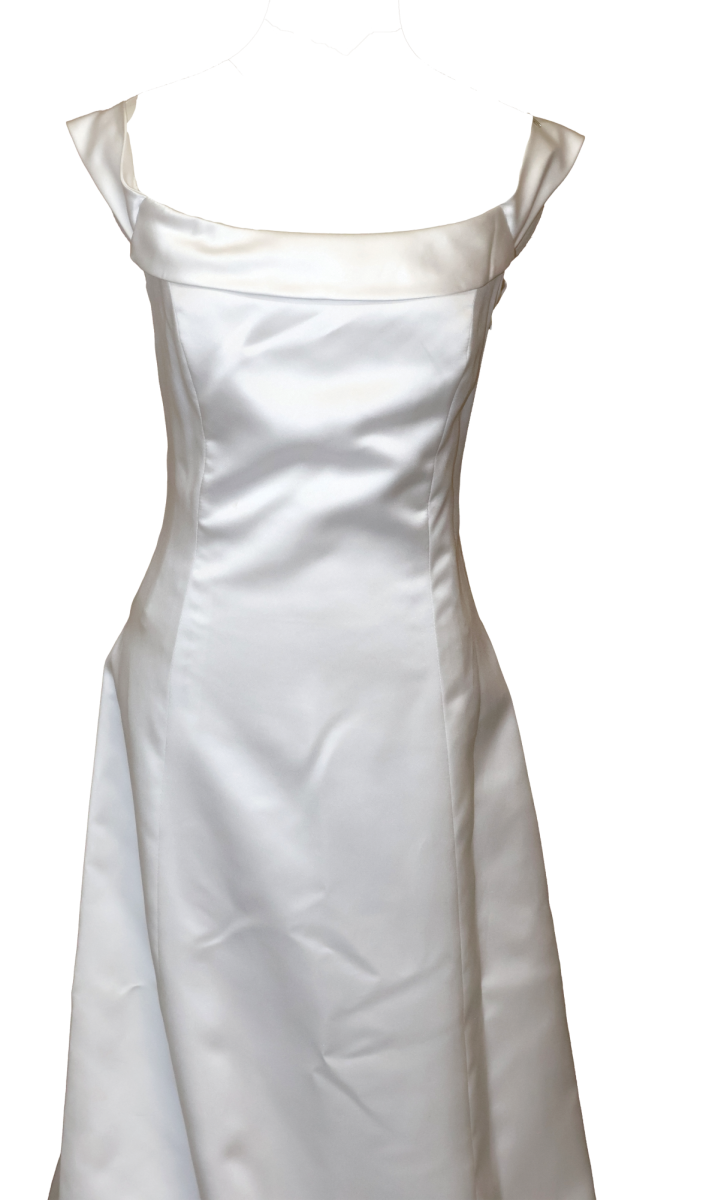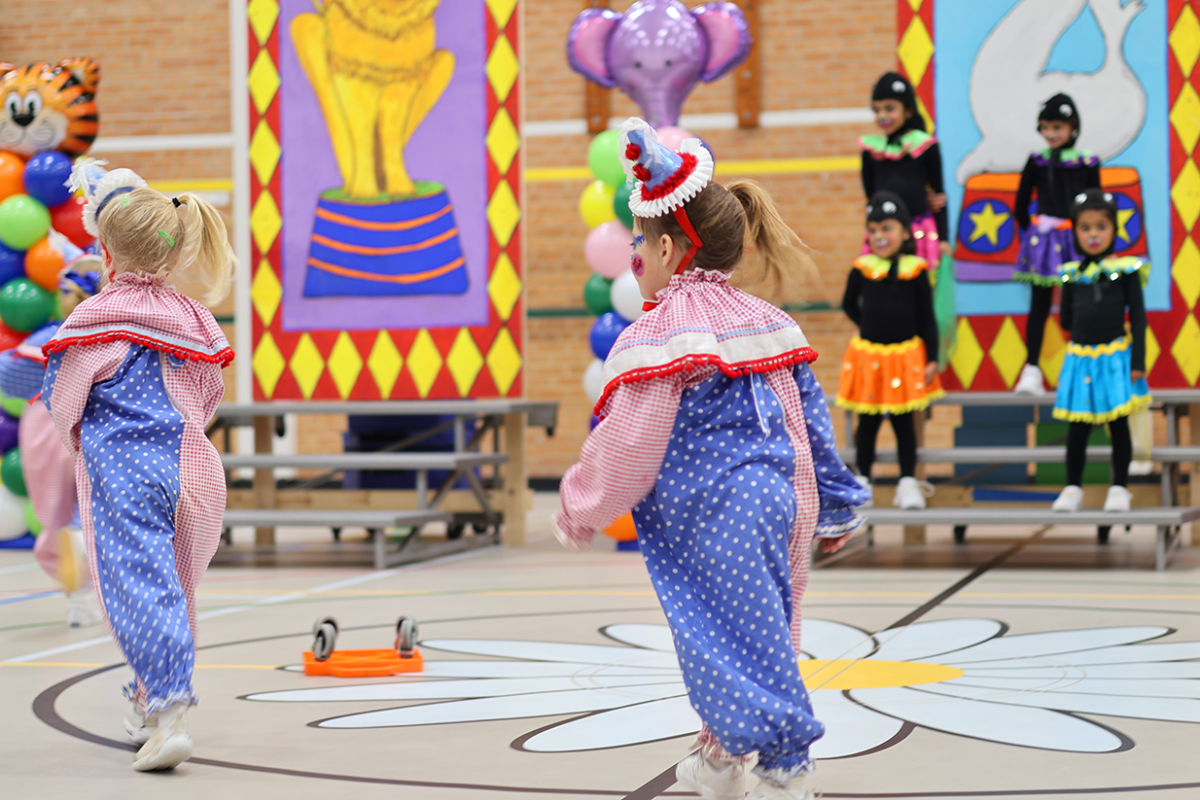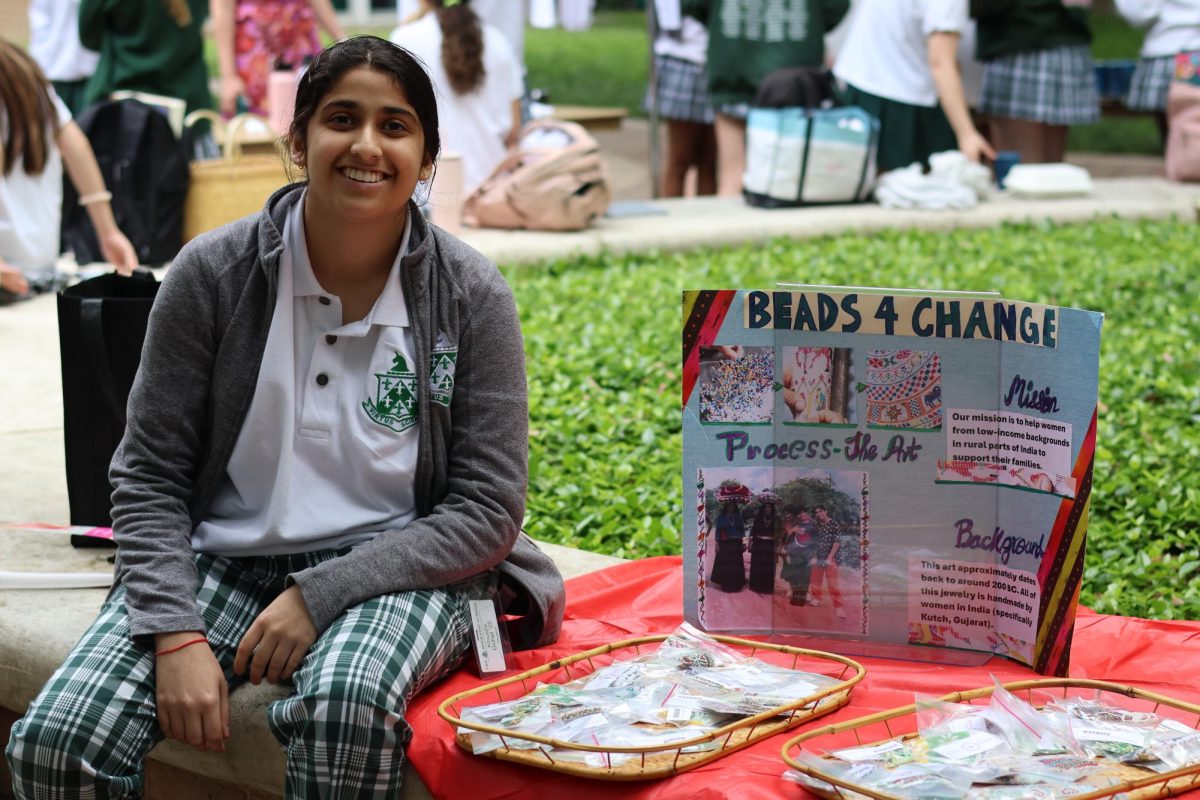Form III has taken initiative and is changing the way form meetings are run.
The entire Form III gathered in the 7-8 commons as usual for form meeting, some sprawled on the floor, some on the couches and some at the tables. It was quiet, and they were looking around, waiting expectantly.
“Snaps to the swim team for beating 47 guys at the swim meet,” junior Erica Kleckner said. The entire form responded in snaps.
The current Form III, class of 2016, has a new tradition of “snaps” at the end of each form meeting.
“Snaps are for anyone if they have any shout-outs,” Form III President Brianna Buford said. “It’s to let people know what other people are doing and give people credit where credit is due.”
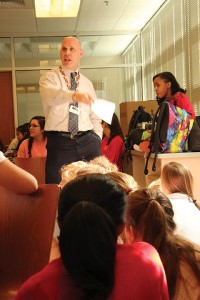
These “snaps” are evidence of the camaraderie between the juniors and just one of the many changes that Form III is taking to change how form meetings are run. The goal is to make form meetings less about announcements and more about student involvement.
The idea to alter form meetings was initially proposed by Form III Dean Andrew Brown. He began by approaching the other Form deans and the Form III Executive Council.
“Changing form meeting is something that’s been on my mind for a while,” Brown said. “There was a point where I just said, ‘Let’s change it. Let’s do something new.’”
Among the changes are the formation of committees such as a song committee, a town hall committee, a competitions committee and a business committee.
The grade as a whole came up with these committees. Buford said that the Executive Council held an open discussion with their form to brainstorm ideas. “We didn’t want it just to be us, the council, we wanted to give people the opportunity to participate and to help plan.”
The committees were open to the entire Form for sign-ups. Each committee will plan events during form meetings. These new committees are not just about fun and games, however. For example, the town hall committee, based on the Student Council Town Hall held for the entire upper school, serves to allow students to have a grade-wide discussion on topics that they find pressing or relevant. “These discussions allow for everyone in the grade to engage in an active discussion,” Brown said. “I think that is invaluable.”
Brown also said he was excited about the business committee because he hopes that they can begin a “real business with a CEO and everything” that Form III would collectively be responsible for and would run.
“A lot of ideas were thrown around like starting a coffee business,” Buford said. “But nothing is really set in stone. We’re all still bouncing ideas around and being flexible.”
Brown hopes that the changes Form III establishes this year will continue with that class next year. In addition, he said that he wants to have these committees start from Form I so that students can have all four years serving on a committee.
“I think that starting from freshman year would really help give students sufficient experience as leaders,” Brown said. “Like for the business committee, it would be great if girls could leave school with four years of entrepreneurial experience.”
The committees also offer more opportunities for new students to be involved. Junior Olivia Lombardo, a new student this year, said that “form meetings are already more energized from just talking about change because so many people are a part of it. It’s nice that the changes focus on form meetings from a camaraderie view, so that everyone’s involved and it’s not just one person speaking.”
Brown said that these changes in form meetings could even change what it means to be a leader at Hockaday altogether.
“I think that a lot of leadership at Hockaday, people think of being top-down,” Brown said. “Sometimes that is necessary and we need someone to take charge and be responsible and delegate, but I think a lot of leadership should really be from a servant-based perspective, where the leaders are there to support what the community needs.”
The committees have already drafted proposals for their changes and hope to begin implementing their events this year.
“Form meetings should be about the form,” Brown said. “The changes that we make at form meetings could have lasting impacts on the unity of a class and how they carry themselves as leaders.”
– Courtney Le
